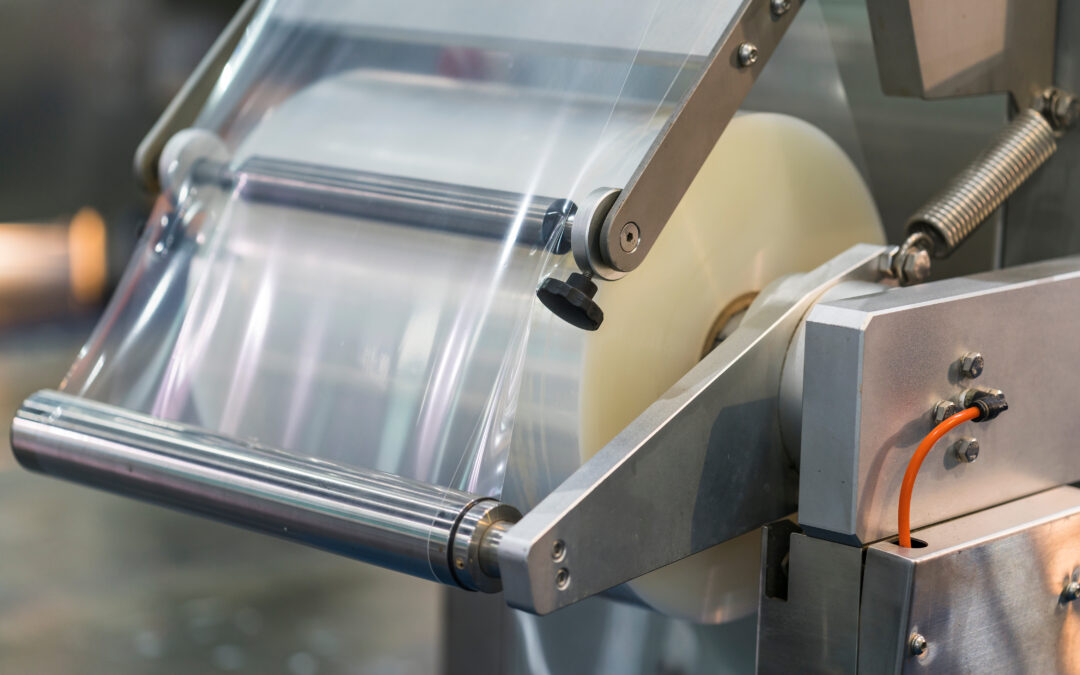How are manufacturers responding differently now? What are some specific ways we’ve changed or improved the processes since COVID-19 started? And most importantly, is there still any risk of lead times being impacted by resin shortages? Let’s dive into all three questions below!
What Caused the Resin Shortage?
Since the beginning of 2018, China has experienced an economic slowdown. The Chinese government has been trying to prevent an economic collapse by encouraging companies to move their manufacturing operations out of China and into other countries where labor costs are lower (like Malaysia). As a result, the largest supplier of resin in the world — China — has halted production.
Additionally, global demand for packaging materials has increased significantly due to an increase in consumer spending and new regulations on plastic waste disposal around the world (for example: France recently banned all disposable plastic bags).
Many poly bag manufacturers were unable to meet this surge in demand for their products and experienced a significant drop-off in production. As a result, supply fell far below what retailers needed to keep up with customer demand.
How Can We Avoid Shortages and Delays in the Future?
The best way for the industry to avoid shortages like these in the future is to invest in recycling, renewable energy, and R&D (research and development). It’s also important for each of us to do our part and reduce waste.
Proper recycling can result in fewer greenhouse gas emissions and less energy being used during production. It also helps keep materials circulating within our economy instead of being buried in landfills where they cannot decompose naturally for decades or centuries!
The goal of R&D is to reduce costs and improve efficiency in production through technological advancement and process restructuring. This can be done by reducing waste products, which can then be recycled or used in other ways. It can also be done by improving the transportation process for materials needed.
One recent research and development improvement is the addition of plant-based polymers to traditional poly bags, which helps to increase the biodegredation process if bags are not properly recycled. These greener poly bags are one great R&D step towards a safer, more environmentally friendly, and more stable poly bag industry.
Are Manufacturers Responding Differently to the Resin Shortage Now?
There are always external forces at play that can affect resin supply, such as natural disasters or market instabilities. More broadly, the industry has learned some important lessons about how to deal with unexpected crises.
Larger manufacturers, in particular, are now taking a hard look at their processes and looking for ways to make them more efficient—for example, by investing in new technology or reducing waste on production lines.
They’re also reevaluating their supplier relationships and ensuring they have multiple sources lined up so they won’t be left stranded if one manufacturer stops producing material due to unforeseen circumstances — like hurricanes or pandemics. But some in the industry are still struggling to adapt and are forced to learn what happens if you are too set in your ways.
A-Pac Manufacturing is proud to deliver some of the shortest lead times in the industry. As a small, custom manufacturer, we’re much more nimble than massive corporations. Much like the large ship analogy, it is easier for us to adjust our course and stay flexible as the industry continues to change.
We’re able to manufacture the custom bags you need at no minimum order and according to your schedule, and we’re proud to have maintained our short lead times despite the recent shortage. For the bags you want, when you want them, give the A-Pac Manufacturing team a call.


